
EDITORIAL
Bangkok Post
In its typical Asean way and for no good reason, leaders of the Association of Southeast Asian Nations have decided it is much safer to save the ugly face of the ruling Burmese generals than to offend them in public. Thus, the myopic last-minute decision to cancel the scheduled briefings on Burma by United Nations special envoy Ibrahim Gambari.
In defending the about-face, Singapore's Prime Minister Lee Hsien Loong said Burma had emphasised that Mr Gambari, who has visited Burma four times, "should only report to the UN Security Council and not to Asean or the East Asia summit".
The tone this time was a far cry from the tough talk at the United Nations General Assembly by the Singaporean representative and by Prime Minister Surayud Chulanont against the junta's brutal crackdown on monk-led demonstrations in Rangoon in September.
Without doubt, Asean has shamelessly vacillated and kowtowed to the junta - as it has done before whenever confronted by the junta's defiance or intransigence. Mr Gambari, who had travelled from New York in order to brief Asean leaders, has every right to feel disappointed.
More importantly, Asean leaders unwittingly lost a good opportunity, which the briefings would have given, to engage Burma in a constructive manner. Sadly in this case, Asean did not even bother to follow its professed mantra of constructive engagement. Instead, it plunged all-out to embrace the other catch-phrase, which is not to interfere in the internal affairs of member countries.
Asean had a brief moment of triumph when the 10 leaders, including Burmese Prime Minister Thein Sein, signed the Asean Charter, billed as a milestone for the regional grouping in its 40 years of existence since its inception in 1967. The rules-based document gives Asean a legal entity, sets a goal on democracy, pledges the setting up of a regional human rights body and aims to turn Asean into an economic community similar to the European Union, minus a single currency, by 2015. The endorsement of the Asean Charter represents a major step forward, although much needs doing to realise the charter's goals. The practice of non-interference, for instance, has to be removed if Asean is to be able to push Burma into restoring democracy. The regional human rights body which has yet to be set up would be a sham if it is not given teeth to sanction member countries that violate human rights.
Pitifully however, the moment of triumph and jubilation was spoiled by the very people who enthusiastically endorsed the Asean Charter. The last-minute dumping of Mr Gambari represents a retreat for the grouping. It also constitutes a victory for the Burmese junta: the generals got everything they wanted, including a watered-down charter.
Asean, whose effectiveness and credibility was already in doubt vis-a-vis the Burma issue, now definitely looks worse in the eyes of the international community and civil society. Once again, Asean has missed an opportunity to redeem itself. And, once again, Asean has shown the world that it lacks the dignity and moral obligation to do the right thing.
US Trade Representative Susan Schwab said in Singapore on Tuesday that the current situation in Burma makes a free-trade deal between Asean and the US impossible in the near term. She also said Asean has a special responsibility for the situation in Burma. Whether her statement was meant as a warning for Asean to change its attitude on Burma is debatable. But the message is clear: the United States is not happy with Asean's handling of the Burmese issue.
Asean made a mistake in 1997 by admitting Burma into the group, hoping it would be able to effect a change in the attitude of the Burmese generals. Ten years later, the generals remain as stubborn as ever. Sadly, Asean has not only not learned its lesson but continues to make the same mistake with regard to Burma.
တိတ်ဆိတ်သော သာယာမှု ရှိရာဆီ ခဏ...
-
Almost heaven, West Virginia
Blue Ridge Mountains, Shenandoah River
Life is old there, older than the trees
Younger than the mountains, growin' like a br...
3 months ago


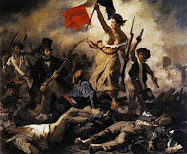









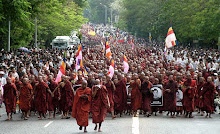

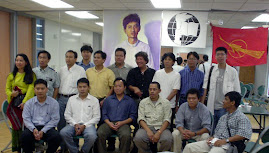
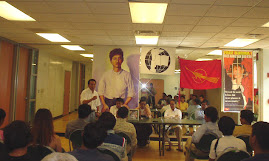

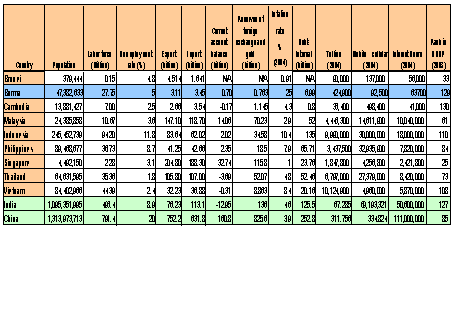
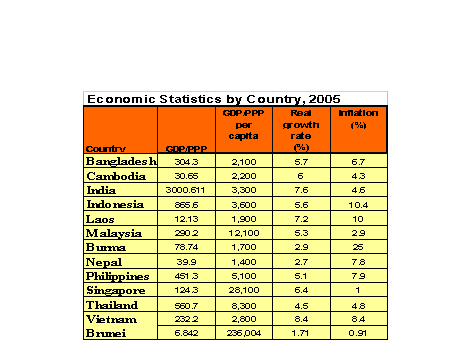
No comments:
Post a Comment